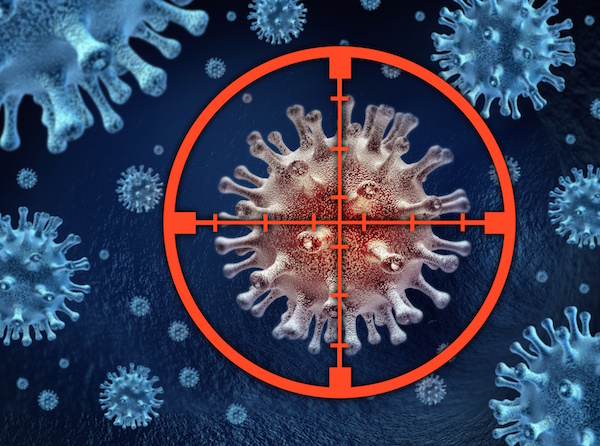
WEDNESDAY, Feb. 16 (HealthDay News) — A genetic mutation that causes a type of dwarfism may also protect against cancer and diabetes, a new study finds.
The finding suggests it may be possible to use drugs or other methods to achieve similar protection in normal-height adults, said study authors Valter Longo, a University of Southern California cell biologist, and Ecuadorian endocrinologist Jaime Guevara-Aguirre.
Their research included people in a remote community on the slopes of the Andes mountains. Many members of the community have Laron syndrome, a deficiency in a gene that prevents that body from using growth hormone.
For 22 years, the researchers followed about 100 people with Laron syndrome and 1,600 of their normal-stature relatives. During that time, no one with Laron syndrome developed diabetes and only one person got cancer, while 5 percent of their relatives were diagnosed with diabetes and 17 percent with cancer.
The study appears in the Feb. 17 issue of Science Translational Medicine.
“The growth hormone receptor-deficient people don’t get two of the major diseases of aging. They also have a very low incidence of stroke, but the number of deaths from stroke was too small to determine whether it’s significant,” Longo said in a university news release.
There are already drugs approved by the U.S. Food and Drug Administration that block growth hormone activity. Currently, those drugs are used to treat acromegaly, a condition related to gigantism.
Other research has found that caloric restriction and fasting also reduce growth hormone activity, according to the news release, although going without food and nutrients carries risks.
Overall lifespan was the same for both groups, but those with Laron syndrome died more often from substance abuse and accidents.
“Although all the growth hormone deficient subjects we met appear to be relatively happy and normal and are known to have normal cognitive function, there are a lot of strange causes of death, including many that are alcohol-related,” Longo said.
More information
The Office of Rare Diseases Research, U.S. National Institutes of Health has more about Laron syndrome.

